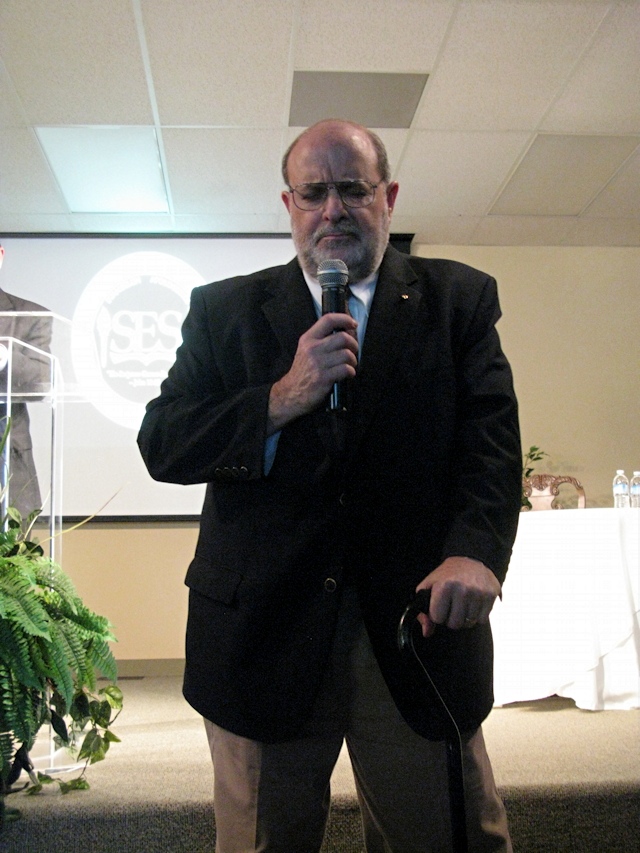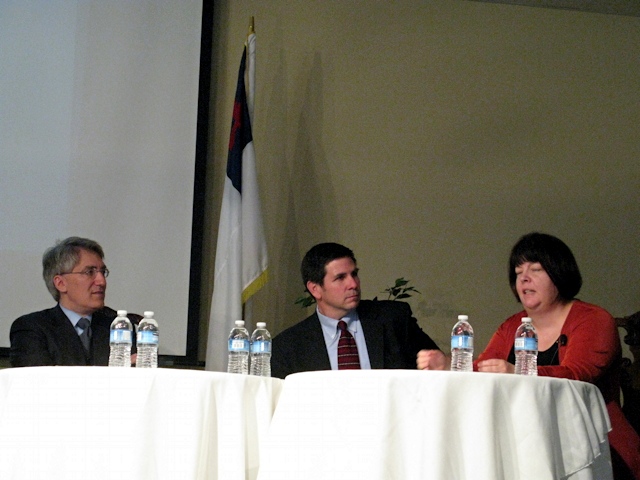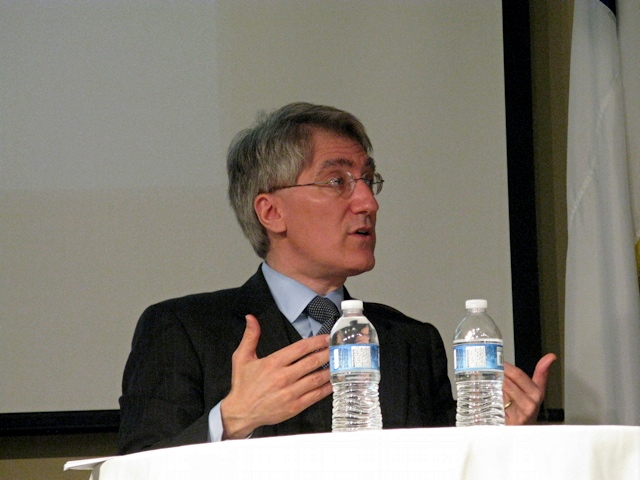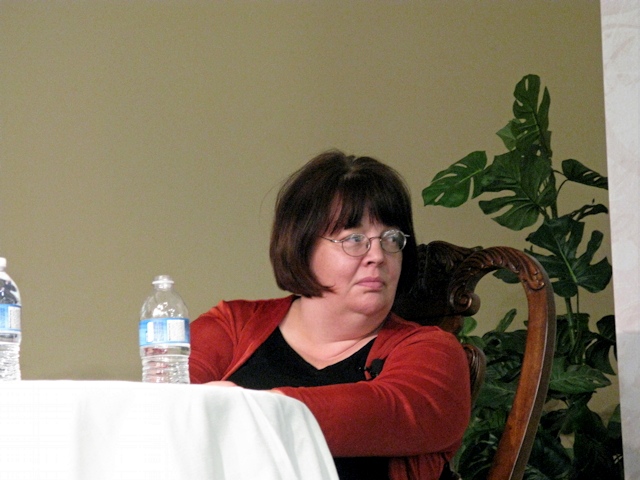Checked the temperature of the compost that I posted about two days ago—this afternoon it's holding at 142 degrees:

Two days ago it was "room temperature"—around 75 degrees in the shade. But simply turning it (to add oxygen), and adding water and alfalfa meal as food for the microbes, got the critters going again and nearly doubled the temperature.

Two days ago it was "room temperature"—around 75 degrees in the shade. But simply turning it (to add oxygen), and adding water and alfalfa meal as food for the microbes, got the critters going again and nearly doubled the temperature.












